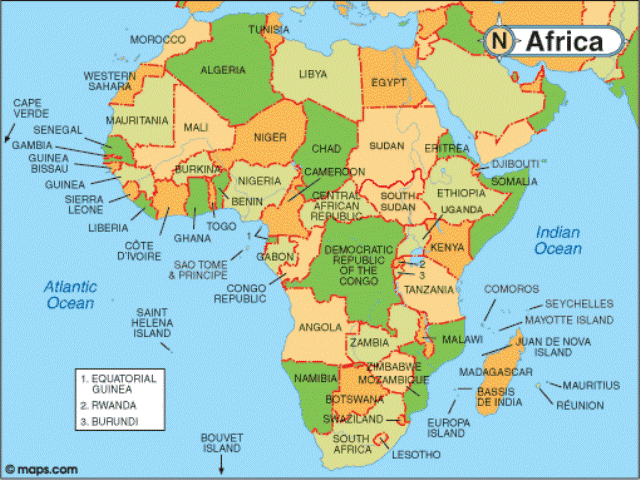Ebere Onwudiwe
In a clear “Africa Day 2020,” message last Monday, President Muhammadu Buhari warned fellow African leaders that there will be no development, without peace, on the continent. He is perfectly right. But the elephant in the room of Africa’s development discourse is its population. How in the world are we going to achieve the Sustainable Development Goals (SDGs) by 2030 without controlling population growth?
It is not that population growth has only adverse effects on development and human welfare, we know that it can hinder improvements in both, which was why in 1979, the Chinese government implemented a historic population control policy of one child per family, complete with birth control programmes. Chinese families were even offered economic incentives to have fewer children as well, of course as a coercive birth control policy.
While I am not recommending a one-family-one-child policy for Africa, there is no doubt today that the economic incentives aspect of China’s population policy is a good development policy.
Should governments of African countries that are wallowing in poverty not see this policy as best practice? And should Nigeria, where poverty is most dire, not lead the way in this? As Nigeria’s National Bureau of Statistics’ recent survey showed, close to 83 million Nigerians are living in poverty. The question is: How is Nigeria going to pull these 83 million citizens out of poverty with population growth unchecked?
Sure, the government is trying through a variety of social investments to rescue some Nigerians from the burden of extreme poverty, in which we now lead the world. Yet, as a matter of public policy, it has done little to address the centrality of population control. But the problems of a rising population and poverty cannot be wished away. Professor Okey Onyejekwe, a noted African expert on governance and a former director at the UN Economic Commission for Africa, was unequivocal when he said, “It is a delusion to think that we can address poverty alleviation or eradication without population control.”
Policymakers on the continent should know that our current population explosion is bad news. That it is a time bomb, ready to be detonated by a palpable youth bulge that is already fuelling insecurity in some countries.
The pyramiding of our human numbers on the continent is an urgent development issue. But foreign philanthropists seem to worry more about this than African leaders. According to a Bill & Melinda Gates Foundation survey two years ago, an additional three billion people will be born in Africa by the end of this century, meaning that, according to Bill Gates, the continent will have to “quadruple its agricultural productivity to feed itself.” How are we going to achieve that?
This is the kind of thinking that Africa’s elite should note as another best practice. We do not have enough resources to feed, educate, and provide jobs for this huge future population.
Nigeria’s population, for example, is projected to hit over 300 million by 2030. This is not right. It cannot guarantee a strong future for the giant of Africa, because as the story of David and Goliath shows, size is not everything. We must abandon this laissez-faire ‘increase and multiply’ population policy, for a future that we can live with.
*Ebere Onwudiwe, fellow at the Centre for Democracy and Development (CDD), Abuja.































































